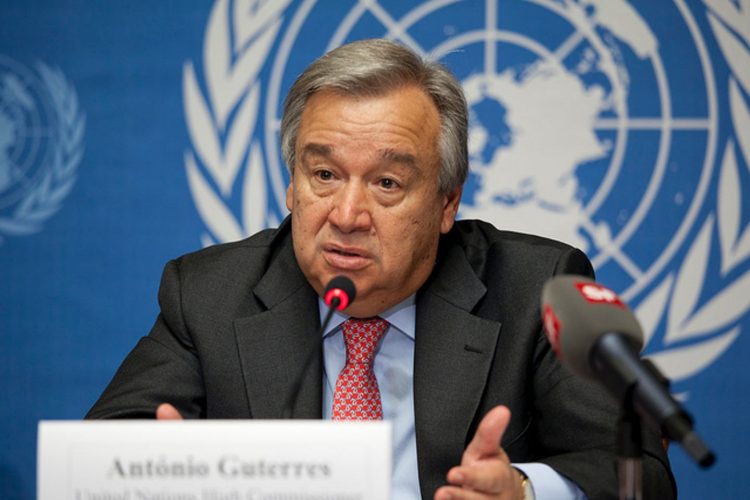In an effort to support relief operations for about 43 million people living in three countries in the “Horn of Africa,” Ethiopia, Kenya, and Somalia, the United Nations (U.N.) received pledges totaling $2.4 billion on Wednesday. In an event organized to raise support relief funds, the United States made the highest pledge by contributing an additional $524 million, taking its total close to $1.4 billion.
At the same event, some countries and agencies, such as Britain, Germany, the Netherlands, and the European Commission, made pledges. The European Commission had pledged $185 million, while Germany, Britain, and the Netherlands supported the operation with $120 million, $163 million, and $92 million, respectively.
During the event, Linda Thomas-Greenfield, the U.S. Ambassador to the U.N. stated that “This is a global problem that requires all of us. We must adapt to the impacts of climate change and build more sustainable, equitable, and resilient food systems around the world. And we must support humanitarian workers and NGOs that dedicate their lives to saving lives.”
However, the amount received fell short of what the U.N. had requested. It has, as a result, issued warnings on the deteriorating climatic conditions within the areas mapped out for support as it continues to seek more support.
The U.N. had earlier sought to raise over $7 billion to support relief efforts in the three countries in which climatic conditions were worsening. Before Wednesday’s $2.4 billion pledge payment, relief support for Somalia, Ethiopia, and Kenya was funded by the U.N. at 25%, 22%, and 21%, respectively.
Speaking to the audience at a pledge event in New York City, Secretary General of the U.N. António Manuel de Oliveira Guterres said, “People in the Horn of Africa are paying an unconscionable price for a climate crisis they did nothing to cause.”
“Crisis atop of crisis is threatening the lives and livelihoods of millions across the Horn of Africa: the longest drought on record. Mass displacement after years of conflict and insecurity. Skyrocketing food prices,” he said.
The “Horn of Africa” has a history of adverse climatic conditions and was described by the U.N. as “the epicentre of one of the world’s climate emergencies.” It remains to be seen how the U.N. would approach these new challenges and, at the same time, mitigate what is already a catastrophic situation in that part of Africa. To buttress this point, Oliveira Guterres made reference to the sad event in 2022 in which about 40,000 ethnic Somalis died as a result of drought, of whom half were children.









